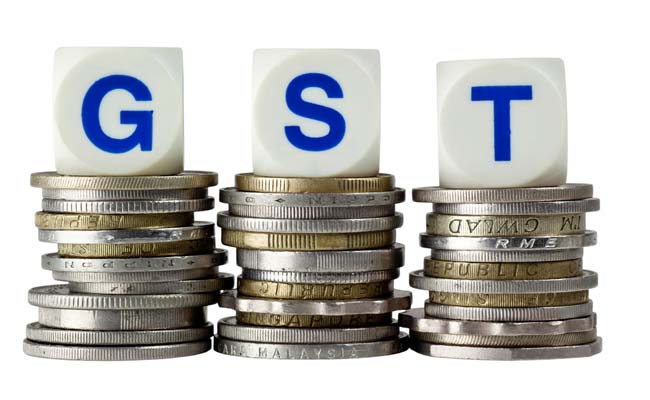
Industry calls for GST rollout & reversal of inverted duty structure to boost economy
The Dollar Business Bureau  “Thanks to the new NDA government which has brought all the states on board, the GST Bill is most likely to come into force next year,” said Ajay Sahai, DG & CEO of FIEO (Federation of Indian Export Organisations) couple of days ago. Today, Adi Godrej, Godrej Group Chairman pitching for incentives for the manufacturing sector in the upcoming budget said that the Centre must roll out goods & services tax (GST) from next fiscal as it would boost economic growth by 2%. The main objective behind the implementation of the GST is to make country a unified market with lesser number of taxes. Lesser taxes will enable companies to invest more leading to increased growth in GDP. While clarity on the accumulated tax credit by total export oriented units as how they will get refund and rebate and what kind of new mechanism for doing this is likely to come with GST bill, certain incentives like removal of inverted duty structure which is a major deterrent for manufacturing in India have to be completely corrected as domestically-produced goods cost more than imported ones. Both GST and inverted duty structure when addressed will control the fiscal deficit as lower subsidies and future disinvestments will add to the growth spurt. The transaction costs that are adversely affecting the manufacturing sector and its competitiveness also need to be addressed if the measures on GST and the inverted duty structure have to bear fruit. GST as a concept was introduced by then finance minister in UPA government P Chidambaram in 2006 while presenting the annual budget. It was further pursued by next UPA finance minister Pranab Mukherjee but he could not get the bill passed for many years due to lack national political consensus on the issue. The Union Budget 2015 will be presented by the Finance Minister, Arun Jaitely on February 28.
“Thanks to the new NDA government which has brought all the states on board, the GST Bill is most likely to come into force next year,” said Ajay Sahai, DG & CEO of FIEO (Federation of Indian Export Organisations) couple of days ago. Today, Adi Godrej, Godrej Group Chairman pitching for incentives for the manufacturing sector in the upcoming budget said that the Centre must roll out goods & services tax (GST) from next fiscal as it would boost economic growth by 2%. The main objective behind the implementation of the GST is to make country a unified market with lesser number of taxes. Lesser taxes will enable companies to invest more leading to increased growth in GDP. While clarity on the accumulated tax credit by total export oriented units as how they will get refund and rebate and what kind of new mechanism for doing this is likely to come with GST bill, certain incentives like removal of inverted duty structure which is a major deterrent for manufacturing in India have to be completely corrected as domestically-produced goods cost more than imported ones. Both GST and inverted duty structure when addressed will control the fiscal deficit as lower subsidies and future disinvestments will add to the growth spurt. The transaction costs that are adversely affecting the manufacturing sector and its competitiveness also need to be addressed if the measures on GST and the inverted duty structure have to bear fruit. GST as a concept was introduced by then finance minister in UPA government P Chidambaram in 2006 while presenting the annual budget. It was further pursued by next UPA finance minister Pranab Mukherjee but he could not get the bill passed for many years due to lack national political consensus on the issue. The Union Budget 2015 will be presented by the Finance Minister, Arun Jaitely on February 28.
This article was published on February 17, 2015.






 to success.
to success.